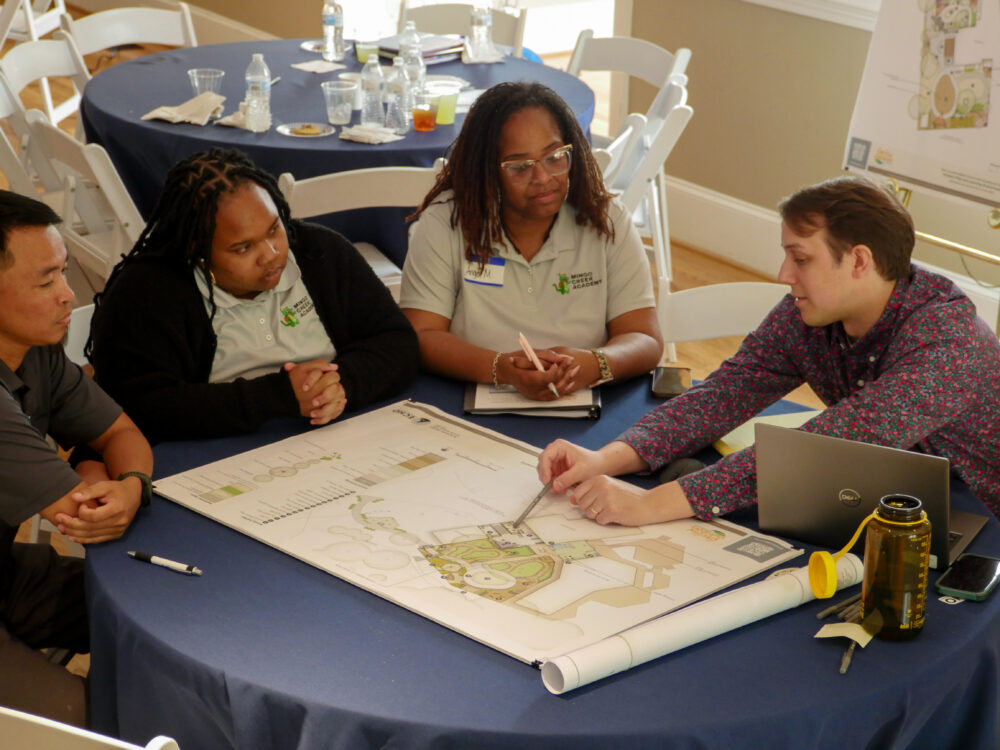We have much more to do and your continued support is needed now more than ever.
You’ll Never Look at the Grocery Store the Same Again
These products we love are leveling the world’s forests
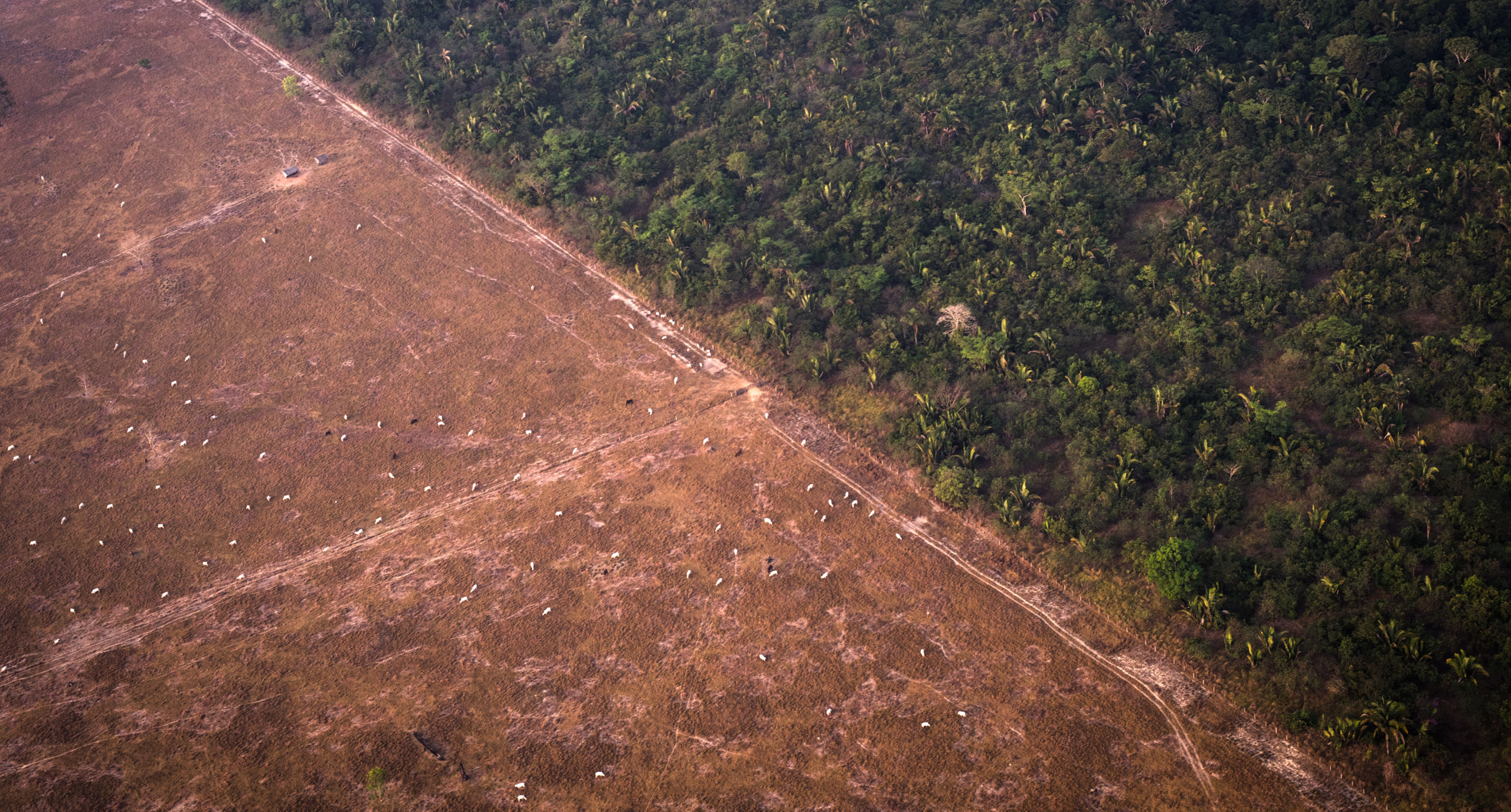
Tropical forests are disappearing at an alarming rate. You may remember the record-breaking Amazon fires in 2019, or heard that the world has lost approximately 10% of its tree cover in the last two decades. But did you know that your local grocery store products have something to do with this?
Products we love are leveling the world’s forests
Over 80% of tropical forest loss is due to expanding agriculture, and many of the products grown on deforested land are exported to countries like the US, where they make their way onto our grocery store shelves. For example, items you might find in your normal grocery cart, such as peanut butter, laundry detergent, pizza, shampoo, and ice cream often contain palm oil, which is a major driver in the destruction of tropical forests in Indonesia. In 2020, the country lost 285,300 acres of forest cover, an area nearly the size of Los Angeles.
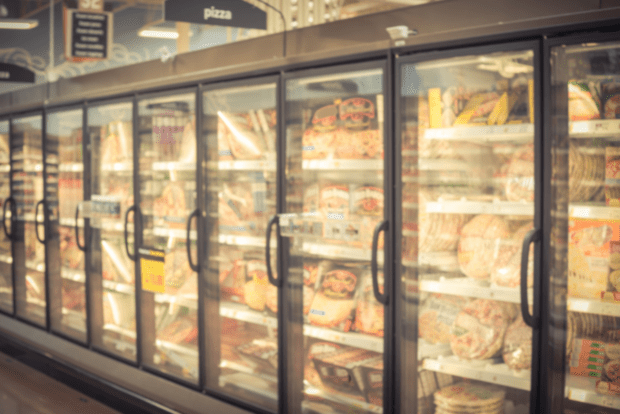
Other products we use daily, like some car seats, handbags, jackets, and shoes are made with leather sourced from Brazil. Cattle expansion into the Brazilian Amazon is the world’s largest driver of tropical deforestation and is responsible for nearly twice as much forest loss as the other top-six forest risk commodities combined. Forest loss in the Amazon hit a 14-year high in 2021, and as the clearing continues, the Amazon is approaching a tipping point.
If the tipping point is exceeded, trees could die off en masse, releasing billions of tons of greenhouse gases. The Amazon will also no longer be able to take in and store the vast amounts of CO2 from the atmosphere that healthy forests are normally able to. In fact, the southeastern Amazon now emits more CO2 than it absorbs, due to rampant deforestation in the area.
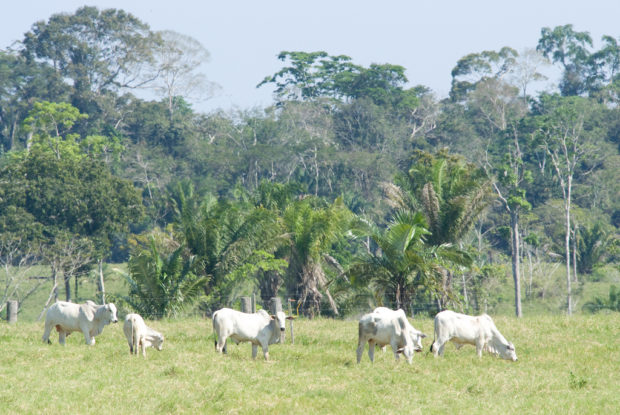
Unfortunately, chocolate is another worst offender. About 40% of the world’s cocoa is sourced from the Ivory Coast, where cocoa production and other commodity agriculture has led to the destruction of 94% of its humid tropical forest. The cocoa industry is also intertwined with human rights abuses and social challenges. Most cocoa farmers already make less than a dollar a day, and many female cocoa farmers make only around 30 cents a day. Unfortunately, poverty is not the only human rights concern tied to cocoa production. Around two million children are thought to work on cocoa plantations, and cocoa production is also linked to human trafficking and modern slavery.
Tropical deforestation threatens all of us
Tropical forests, although only covering less than 10 percent of the Earth’s surface, are home to about two-thirds of the world’s plant and animal species. But not only does tropical deforestation harm those species who rely on intact forests for their habitat, it threatens the survival of all species across the globe. When forests are destroyed, huge amounts of carbon are released into the atmosphere. If global deforestation were a country, it would constitute the world’s third-largest greenhouse gas emitter, right behind the US and China.
As if things couldn’t get any worse, deforestation also increases health risks in two major ways: As forests are cleared, humans are increasingly brought into contact with animals, drastically increasing the risk of humans contracting and spreading wildlife diseases. In addition, agriculture-driven deforestation also goes hand in hand with forest fires, which are used to quickly clear room for the expansion of crops and ranching, and produce soot and other pollutants on a massive scale. This has serious health consequences for humans. For example, it was estimated that in 2015, fires to clear land for agriculture in Indonesia led to 10,000 premature deaths.
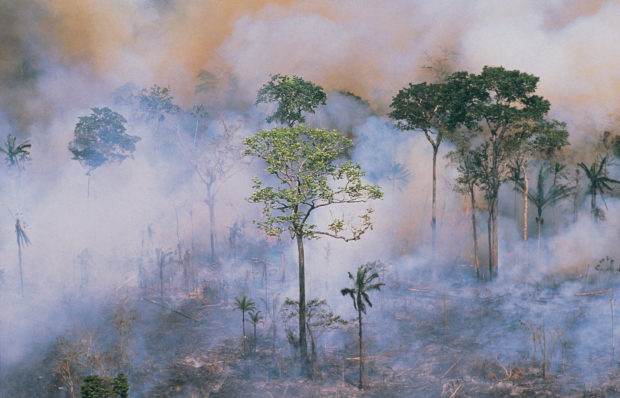
Deforestation is a Human Rights Issue
Deforestation caused by agricultural expansion is also often associated with corruption, organized crime, and human rights abuses, including violence against Indigenous Peoples and other environmental defenders. Agricultural expansion is often accomplished by land grabbing and encroachment onto Indigenous territories, exposing Indigenous communities to conflicts and violence for defending their land. In 2021 alone, over 200 land, environment or Indigenous rights defenders were killed, although this number is likely an underestimate, given that many killings go unreported.
Human rights abuses are also present on the farms themselves. Nearly half of all tropical deforestation is illegal, which means other abhorrent practices, including child and forced labor, also tend to go unchecked on these properties. On Indonesian palm oil plantations, for instance, investigations have found that workers are paid well below minimum wage, are forced to work long hours and denied overtime pay, and are exposed to hazardous pesticides without proper training or protection.
US Customers Can Turn the Tide on Deforestation
The US is a major market for products driving the destruction of tropical forests, making consumers unwitting accomplices to this devastation. When we as consumers in the US buy the products sourced from or linked to deforestation, we are funding future deforestation. This in turn affects us here at home. We have already seen the effects of climate change close to home: In the past few years, the US has suffered record-breaking forest fires, winter temperatures, and floods. Now more than ever, we need effective global climate solutions, and increased resilience against future pandemics. Fortunately, in addition to safeguarding wildlife habitat, the protection of standing forests helps to prevent disease transmission and is one of the most cost-effective ways to mitigate climate change.




















